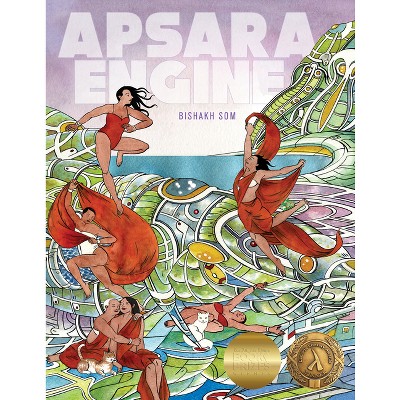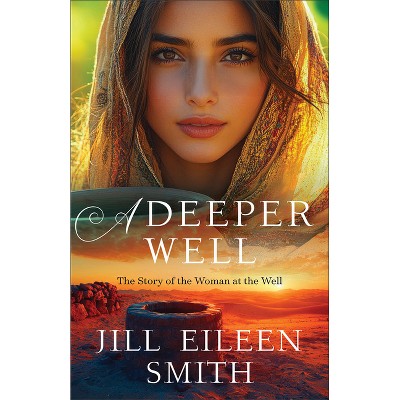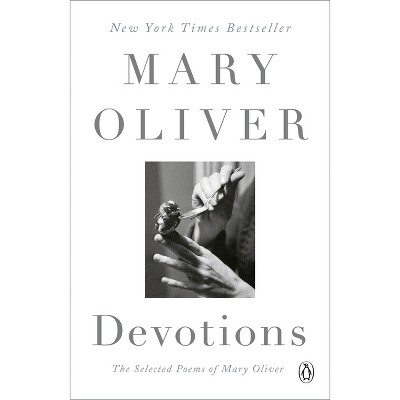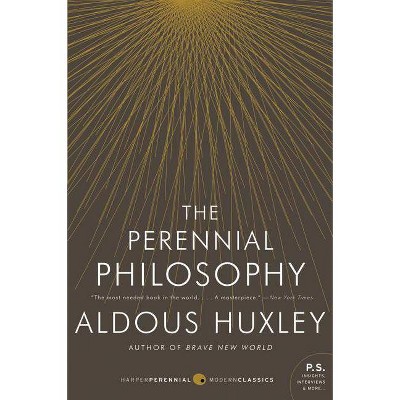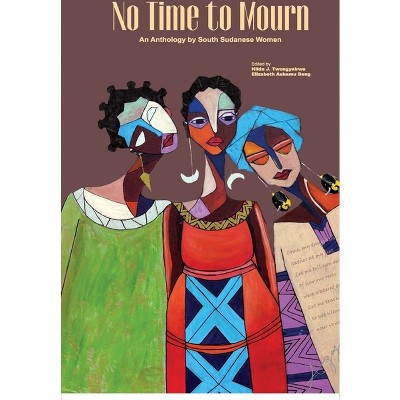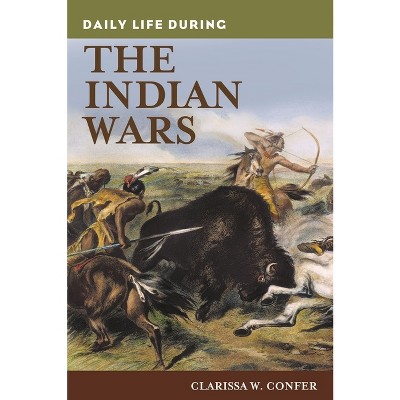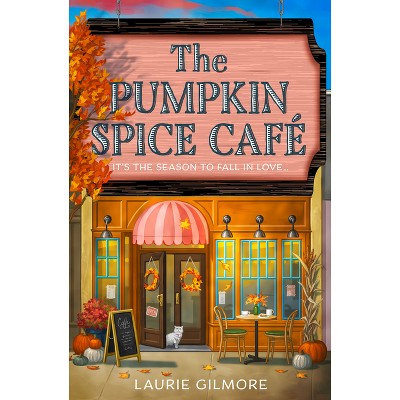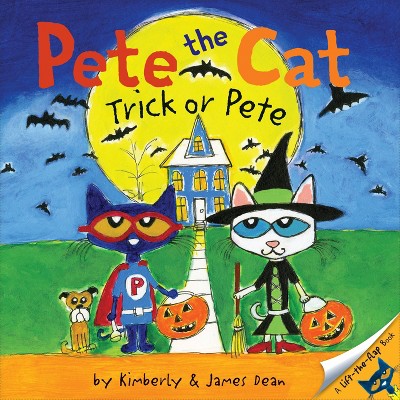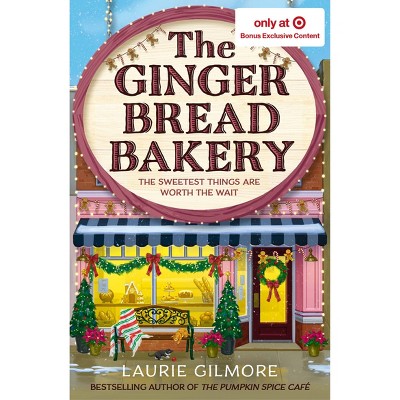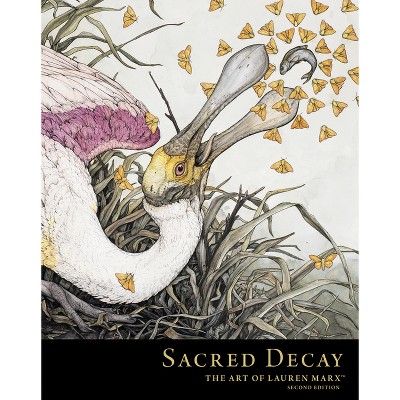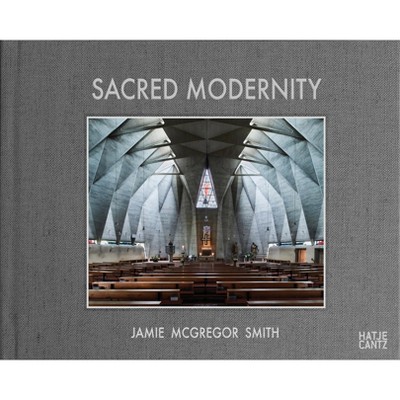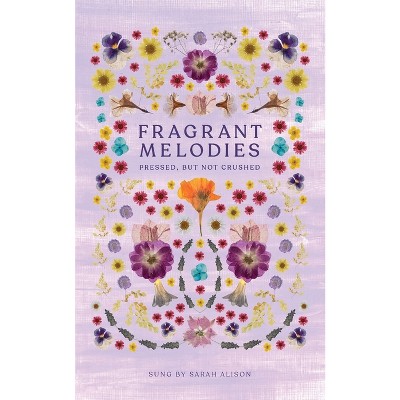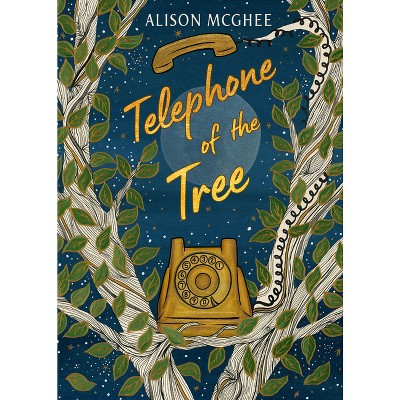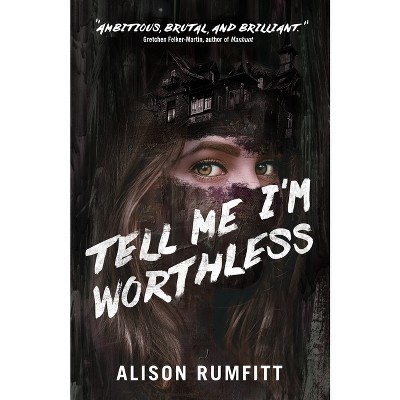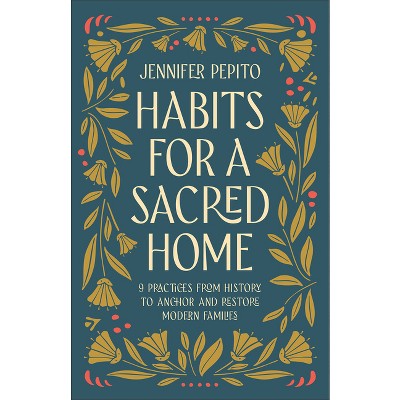Sponsored

Sacred Engagements - by Alison Conway (Paperback)
In Stock
Sponsored
About this item
Highlights
- A revelatory reading of the British novel that considers interfaith marriage, religious toleration, and the ethics of sociability.Bringing together feminist theory, novel criticism, and religious studies, Alison Conway's Sacred Engagements advances a postsecular reading of the novel that links religious tolerance and the eighteenth-century marriage plot.
- About the Author: Alison Conway (KELOWNA, BC) is Associate Dean of Research, Graduate and Postdoctoral Studies in the Faculty of Arts and Social Sciences at the University of British Columbia, Okanagan.
- 240 Pages
- Literary Criticism, Subjects & Themes
Description
About the Book
"The marriage plot is a ubiquitous theme across the history of the novel, beginning from the earliest examples of long-form prose published in the eighteenth century. What Sacred Engagements brings to this well-trodden area of literary studies is a unique feminist perspective on the relationship between fiction and interfaith marriage during a moment of broader cultural discourse about religious tolerance in England. Conway reads quite broadly for the marriage plot, including among her readings novels by Samuel Richardson, Frances Brooke, Elizabeth Inchbald, and Maria Edgeworth in which minor characters marry outside of their own religious institution, or the novel's hero and heroine have a failed courtship and do not marry by the novel's end. Her intervention at the nexus of literature and religion is also unique; existing studies in this subfield often focus on a particular religious sect and literary representations of it, whereas Conway reads for relationships forged across religious boundaries. While a political history of England in this period reveals a partial picture of how tolerance came to be during the Enlightenment, Conway's study of the novel shows a more nuanced story about the challenges of peaceful coexistence through its representations of interfaith marriage. By foregrounding women's right to liberty of conscience, interfaith marriage counters the privatization of religious affect and the naturalization of women's subordination in marriage. The interfaith marriage plot invites us to review the terms governing our narratives of marriage and community, and the ethics of sociability that sustain them, both in relation to the history of the novel and to our contemporary moment"--Book Synopsis
A revelatory reading of the British novel that considers interfaith marriage, religious toleration, and the ethics of sociability.
Bringing together feminist theory, novel criticism, and religious studies, Alison Conway's Sacred Engagements advances a postsecular reading of the novel that links religious tolerance and the eighteenth-century marriage plot. Conway explores the historical roots of the vexed questions that interfaith marriage continues to raise today. She argues that narrative wields the power to imagine conjugal and religious relations that support the embodied politics crucial to a communal, rather than state-sponsored, ethics of toleration.
Conway studies the communal and gendered aspects of religious experience embedded in Samuel Richardson's account of interfaith marriage and liberalism's understandings of toleration in Sir Charles Grandison. In her readings of Frances Brooke, Elizabeth Inchbald, and Maria Edgeworth, Conway considers how women authors reframe the questions posed by Grandison, representing intimacy, authorship, and women's religious subjectivity in ways that challenge the social and political norms of Protestant British culture. She concludes with reflections on Jane Austen's Mansfield Park and the costs of a marriage plot that insists on religious conformity.
By examining the complex epistemologies of the interfaith marriage plot, Sacred Engagements counters the secularization thesis that has long dominated eighteenth-century novel studies. In so doing, the book recognizes those subjects otherwise ignored by liberal political theory and extrapolates how a genuinely inclusive tolerance might be imagined in our own deeply divided times.
About the Author
Alison Conway (KELOWNA, BC) is Associate Dean of Research, Graduate and Postdoctoral Studies in the Faculty of Arts and Social Sciences at the University of British Columbia, Okanagan. She is the author of Private Interests: Women, Portraiture, and the Visual Culture of the English Novel, 1709-1791 and The Protestant Whore: Courtesan Narrative and Religious Controversy in England, 1680-1750.
Shipping details
Return details
Trending Paperback Books


